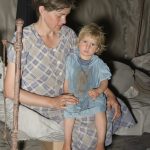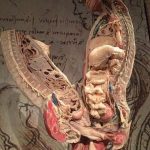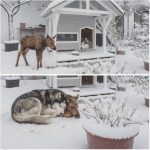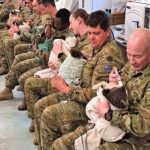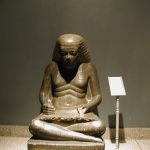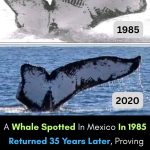The Bitter Creek Survivors: A Tale Forged in Blood and Ice
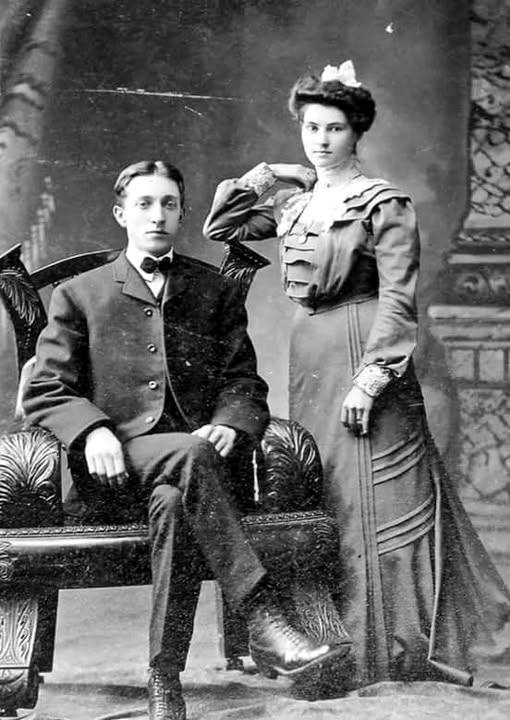
The Bitter Creek Survivors: A Tale Forged in Blood and Ice
The winter of 1881 was among the cruelest in memory, a season that locked the Sierra trails in walls of snow and buried travelers without mercy. It was there, in that white wilderness, that Caleb Rourke and his wife Anna were stranded, their wagon swallowed whole by the storm.
The horses froze in their harness before the second night. The firewood was spent, the last scraps of food gone. With no choice but to endure, Caleb and Anna boiled leather straps into broth, burned wagon wheels for heat, and clawed scraps of survival from the maw of the blizzard.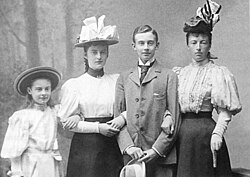
But hunger and frost were not the only predators stalking them. For days, three claim jumpers had followed their trail, men driven by greed and the belief that winter would do their killing for them.
On the seventh night, when the storm screamed like wolves and the fire shrank to embers, the men finally crept in. They expected to find Caleb and Anna broken, their bodies too weak to resist. Instead, they found defiance in the dark. Caleb’s rifle cracked, splitting the night with fire and iron. Anna, wielding the axe that had split ice, now split skulls.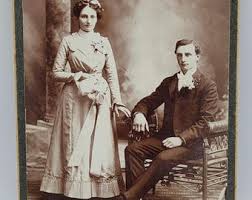
By dawn, the snow was painted red. The storm had not claimed the Rourkes. The claim jumpers lay scattered in the drifts, carrion for the crows.
A week later, frostbitten and gaunt, Caleb and Anna staggered into a mining camp. Word spread quickly of their ordeal. The miners gave them a name — the Bitter Creek Survivors. But the couple themselves never spoke of it again.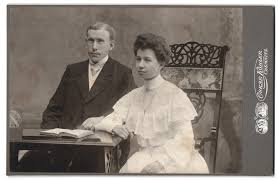
To the world, it was a story of triumph against nature and man. To Caleb and Anna, it was something darker — a reminder that survival does not always make heroes. Sometimes it forges something harder, colder, a kind of strength that looks neither backward nor forward, but only through the storm.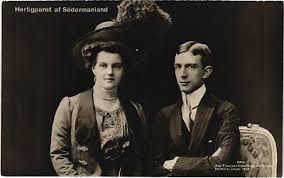
And so the legend of Bitter Creek endured, carried not by their voices but by the silence they left behind — a silence that said more than words ever could.
